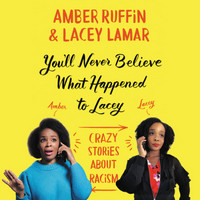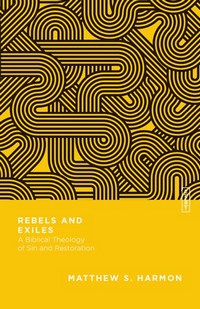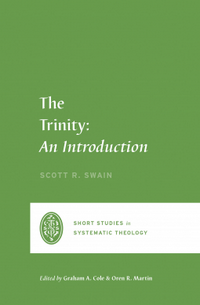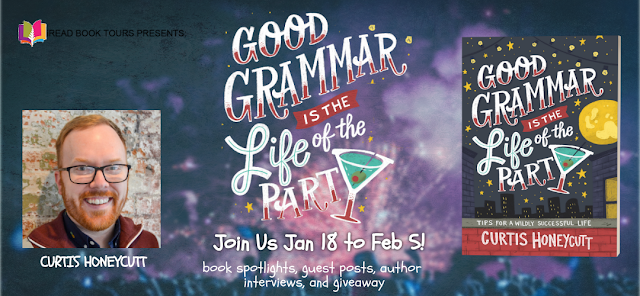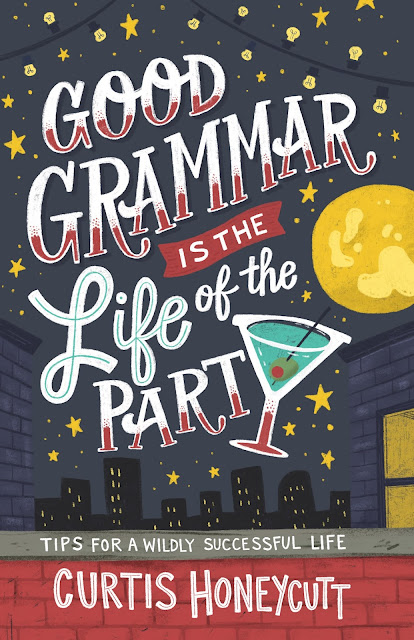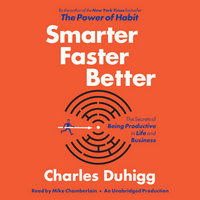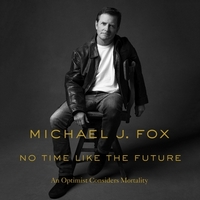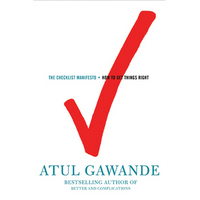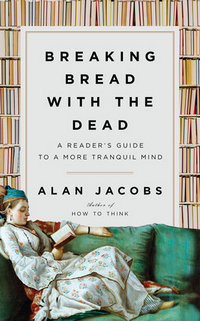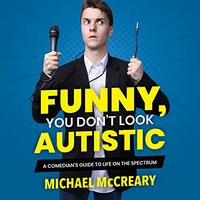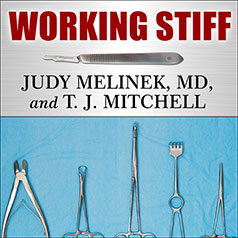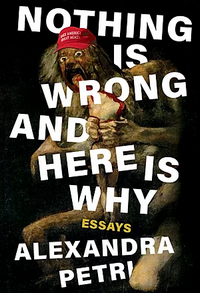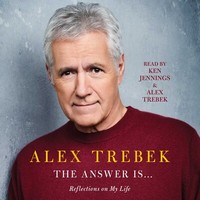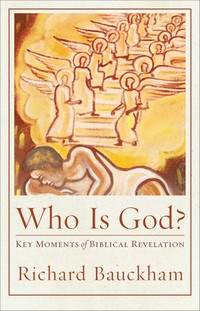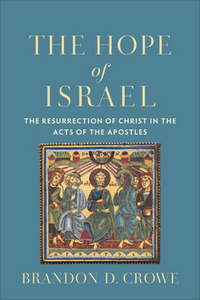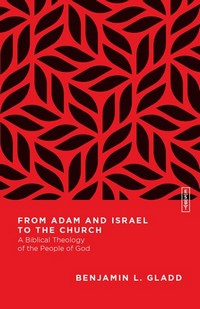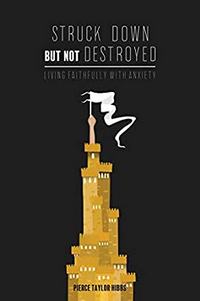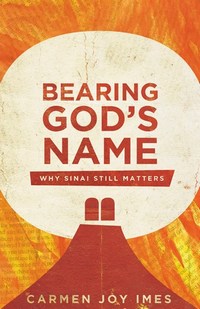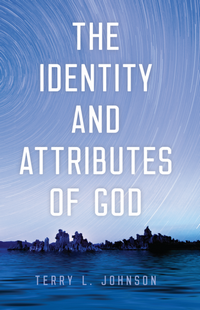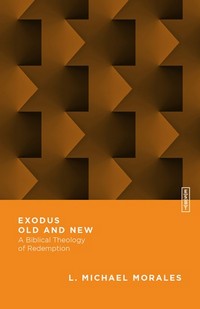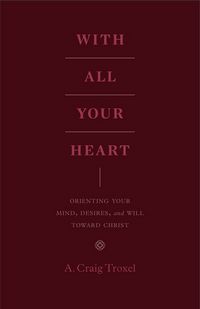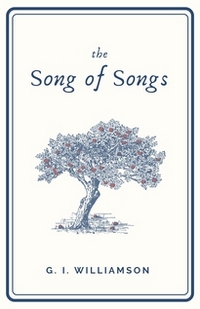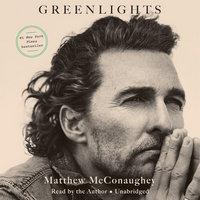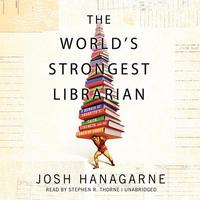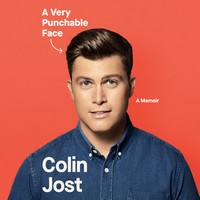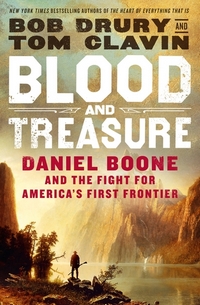 |
Blood and Treasure: Daniel Boone and the
|

What’s Blood and Treasure About?
It’s pretty much in the subtitle—this book is about 2 things—Daniel Boone and the fight (literal and metaphoric) for America’s first Frontier—with a focus on what we now know as Kentucky, but pretty much everything on the Western edge of the American colonies/states.
It’s not a biography of Boone (I’ll tell you now, I wrongly expected this to be more of one), it’s more like he’s the organizing principle for the book, as we learn about Boone’s roots, early life, and adulthood the authors talk about the conflicts with the Indians on the edge of white civilization’s expanse. We’d get a chunk of a wide-view of history over a period, and then we’d focus on Boone’s life around that time. Then the focus would widen a bit and we’d look at another period of time—and so on.
Two significant ingredients in “the Fight” for the Frontier were what’s called The French and Indian War and the American Revolution. There’s the French and Indian War (and conflicts that led up to it and sprang from it) to begin with, paved the way for the latter conflicts—we see the pressure put on various tribes from the expansion of settlers, the resistance those settlers faced (from shifting alliances of Indians between themselves, and varying alliances between Western powers and the Indians).
As for the Revolution—while most histories/documentaries/etc. about it will acknowledge the fighting in the South and West, few take any time to focus on it. Instead, we casual history readers just get repeated retellings of the stuff we learned in elementary school—Washington*, the Continent Army, Benedict Arnold, Nathan Hale, the Green Mountain Boys, and whatnot—and whatever expansions on some of those topics that Hamilton has taught us in the last few years. This book is a great corrective to that showing how the Indians were largely pawns for the British to use against the colonies, to distract from the larger skirmishes as well as to try to open up another front on the war—another way to steal power and influence from the colonies. You see very clearly how easily the entire War could’ve changed if not for a couple of significant losses suffered by the British and their Indian allies.
* Washington is also featured pretty heavily in the earlier chapters, too—even if he maybe only briefly met Boone on one occasion.
Language Choices
I know this sort of this is pretty customary, but I really appreciated the Note to Readers explaining the authors’ language choices—starting with the tribal designations they used—the standard versions accepted today (there are enough various entities mentioned throughout that if they’d gone with contemporary names and spellings, I—and most readers—would’ve been very confused).
At the same time, they did preserve the varied and non-standard spellings for just about everything else. For example, there were at least three variant spellings for Kentucky: Cantucky, Kanta-ke, and Kentucki (I think there was one more, but I can’t find it).
I was a little surprised that they stuck with the term “Indian” as much as they did—but their explanation for it seemed likely and understandable.
An Image Shattered—or maybe just Corrected
Yes, I know that the Fess Parker TV show I saw after school in syndication was only very loosely based in reality. And that the handful of MG-targeted biographies I read several times around the same time were sanitized and very partial. Still, those are the images and notions about Boone that have filled my mind for decades. So reading all the ways they were wrong and/or incomplete threw me more than I’m comfortable with.
His appearance was particularly jarring—the actual Boone eschewed coonskin caps because they were flat-topped and preferred a high-crowned felt hat to look taller. THat’s wrong on so many levels. “Tall as a mountain was he” is about as far from the truth as you can get.
The fact that he spent most of his life bouncing between comfort and/or wealth and massive debt is both a commentary on his strengths and weaknesses as it is the volatile times he lived in—he lost so much thanks to colonial governments being mercurial. It was reassuring to see the repeated insistence that he was an honest man, who worked to repay his debts even if it took too long.
In the end, Boone seemed to be a good guy trying his best to get by and provide for his family—who accidentally stepped into some degree of celebrity, that magnified some good qualities and replaced the man with a legend.
So, what did I think about Blood and Treasure?
The writing itself? There are moments that were fantastic. On the whole…., but from time to time, when Drury and Clavin wanted to drive an image or description home, they could be stunning. I would have preferred things to be a bit more even—a bit more balanced and consistent on that front. But the topic and scope didn’t really allow for that. So I’ll just enjoy those moments of it that I got.
As for the book as a whole? It was impressive, entertaining (generally), and informative. When it was at its best, it didn’t feel like reading dry history but a compelling look at that portion of US History. At its worst, it was a litany of names, dates, and ideas that didn’t do much for me. Thankfully, those moments were few and far between. It’s not a difficult read at any point, just pretty dry on occasion.
There are so many other things I’d like to have mentioned or discussed—but it would make this post unwieldy. The notes about hunting (both the good and the horrible), Boone’s heroics, his character, and family; various aspects of the Indian customs discussed and so much. There’s just so much in this book to chew on that I can’t sum it up.
I liked this—I liked it enough to look at a few other books by this duo to see what they can do with other topics, people, and eras. I think anyone with a modicum of interest in Boone will enjoy this and be glad for the experience.
Disclaimer: I received this eARC from St. Martin’s Press via NetGalley in exchange for this post—thanks to both for this.

This post contains an affiliate link. If you purchase from it, I will get a small commission at no additional cost to you. As always, opinions are my own.
![]()


